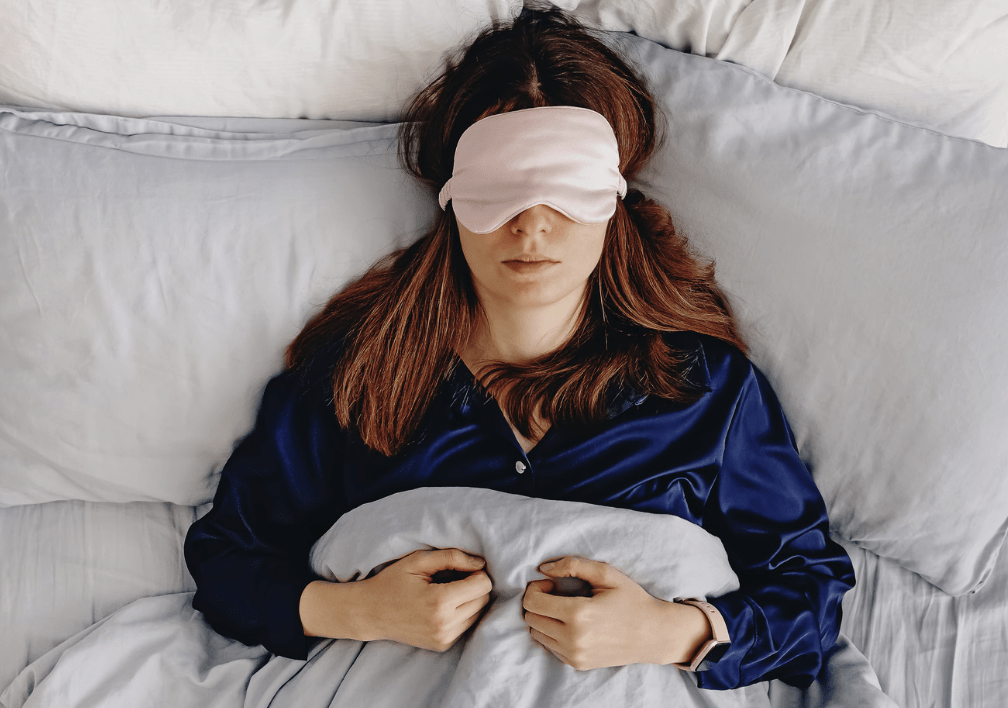If you lay awake at night struggling to sleep or consistently wake in the morning feeling as though you didn’t get a wink, you most likely believe you’ve tried everything to get a more restful sleep and then written it off as a lost cause. We’re here to tell you it doesn’t have to be this way, and you’ll find out how below.
Stick to a Sleep Schedule
The body sleeps better when it gets into a routine, which means going to sleep and waking up at the same time every day. Even if you’re not tired or you’ve got no work the next day, make a point to follow the routine. There are many ways you can commit including setting reminders and using smart assistants, which can automate bedtime and morning routines including dimming lights and playing soothing music to promote sleep.
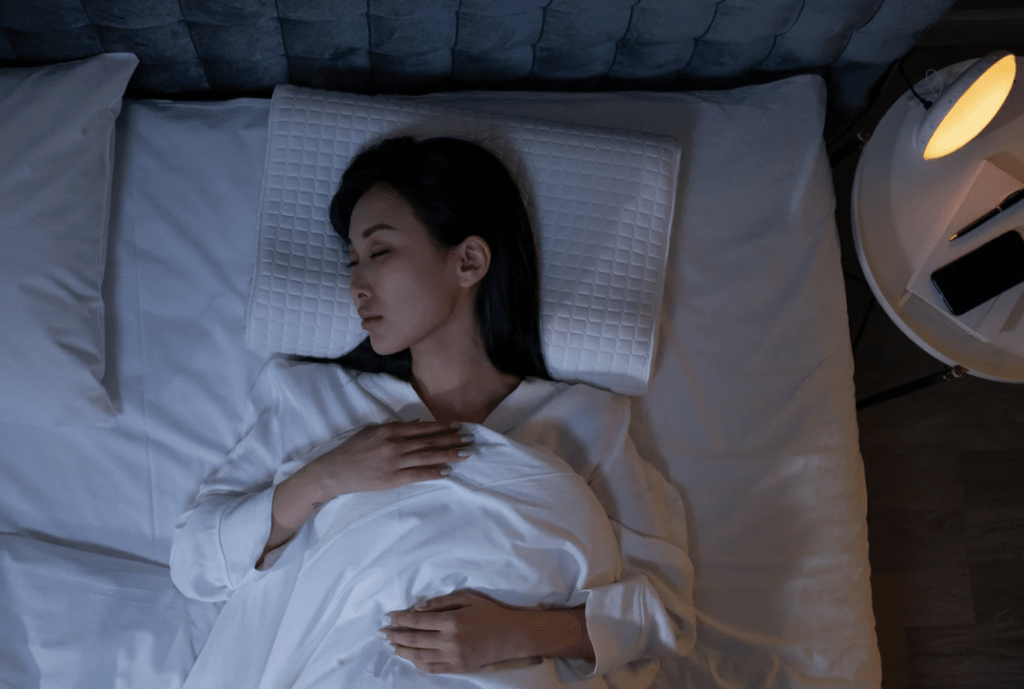

Avoid Evening Workouts
When you work out your body uses energy and it can leave you feeling worn out, which surely means that exercising in the evening is the best way to tire yourself out and get some sleep. Good guess, but this is wrong. When you exercise heavily during the evening, it actually puts your body on high alert and can make falling asleep feel impossible. Therefore, it’s recommended to get your workout done in the morning or afternoon.
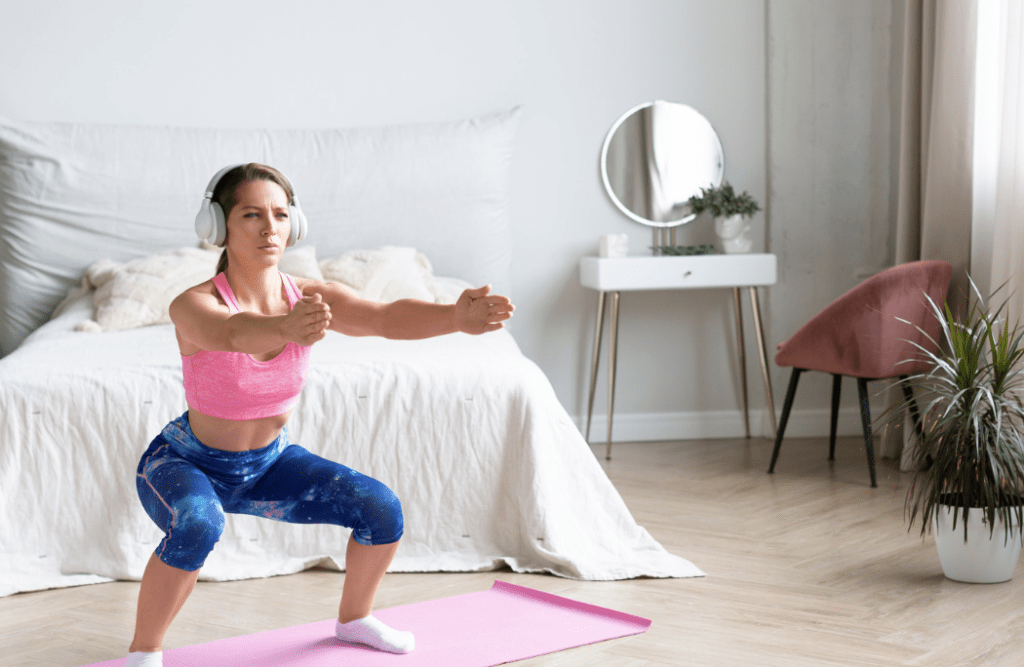

Ditch Caffeine Before Bed
There’s nothing wrong with feeling the need for that hot cup of joe to kick-start your day, but mornings are exactly where it should stay. When you have caffeine later on in the day, it will most likely keep you awake, which isn’t practical for getting a deeper night’s sleep. As well as coffee, you need to remember that other foods and drinks like chocolate, sodas, and tea can contain caffeine
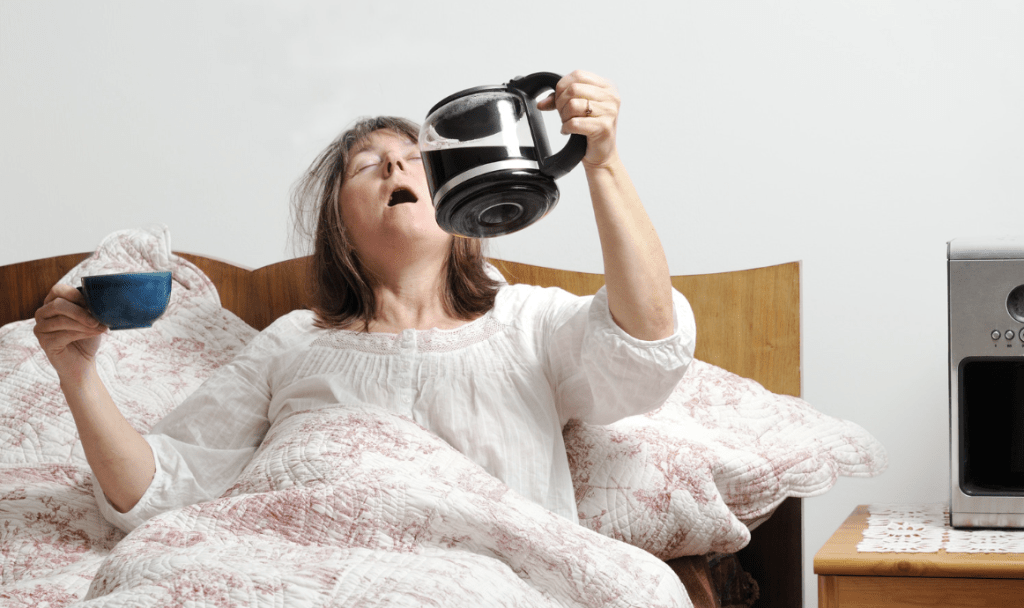

Address Potential Mouth Breathing
If you have a habit of waking up with a dry and sore throat, the chances are that you’re a mouth breather, which is what term given to sleeping with your mouth open. You may not think there’s much difference between breathing through your nose and mouth at night, but mouth breathing can have a detrimental impact on your ability to sleep and your overall health. Therefore, you should take measures to avoid mouth breathing, which can involve simple breathing exercises.


Think Before You Nap
We’ve all been relaxing on a day off while binge-watching a TV series, and then all of a sudden you’re caught in the middle of a nap and wake up an hour or so later. Although these bursts of sleep can feel beneficial at the time, you’ll find that they make it much more difficult to get to sleep at night. If you feel as though you’re going to nap, get up and do something productive to keep your mind alert.
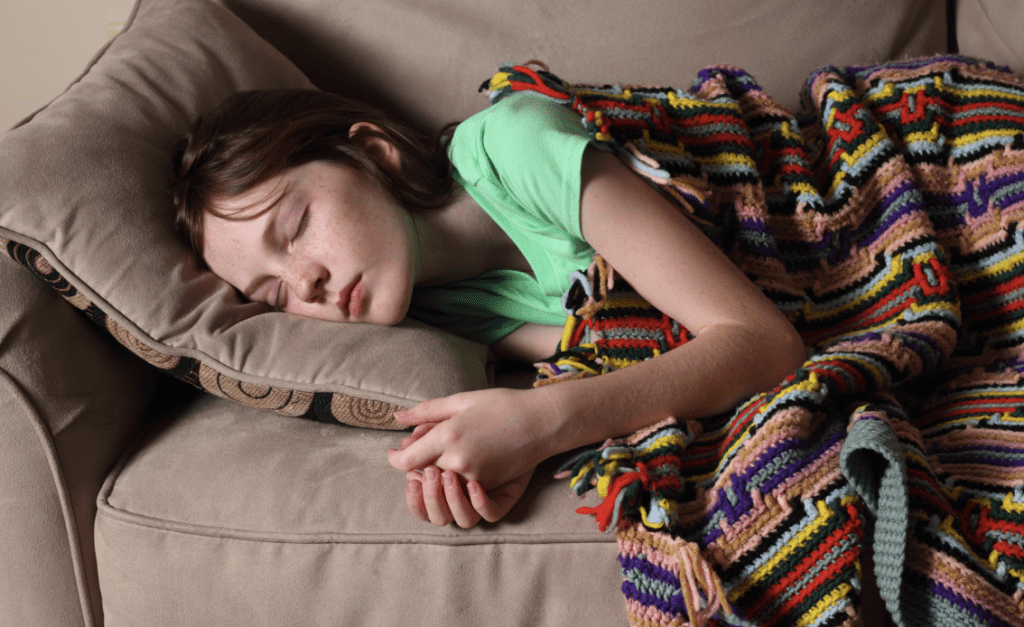

Turn Off Screens Before Bed
The modern world is reliant on technology, meaning our homes are full of devices with screens including TVs, game consoles, and smartphones. Even though these are fantastic for entertainment, productivity, and communication, the light from the screens doesn’t do anything to help you fall asleep. Try to commit to turning your screens off at least an hour before bed, which will reduce your exposure to blue light.


Shut Down Your Mind
When you go to sleep full of worry, you’ll find it impossible to get to sleep. Spend around 1.5 hours before bedtime writing to-do lists for the next day and reflecting on the previous day, which will help put your mind to rest.
If you struggle to sleep and have tried everything, then explore the strategies above and try harder – there will always be a sleep strategy left to try.
WE SAID THIS: Don’t Miss…UAE To Allow Customers To Import Their Medicines After Obtaining An E-Permit


